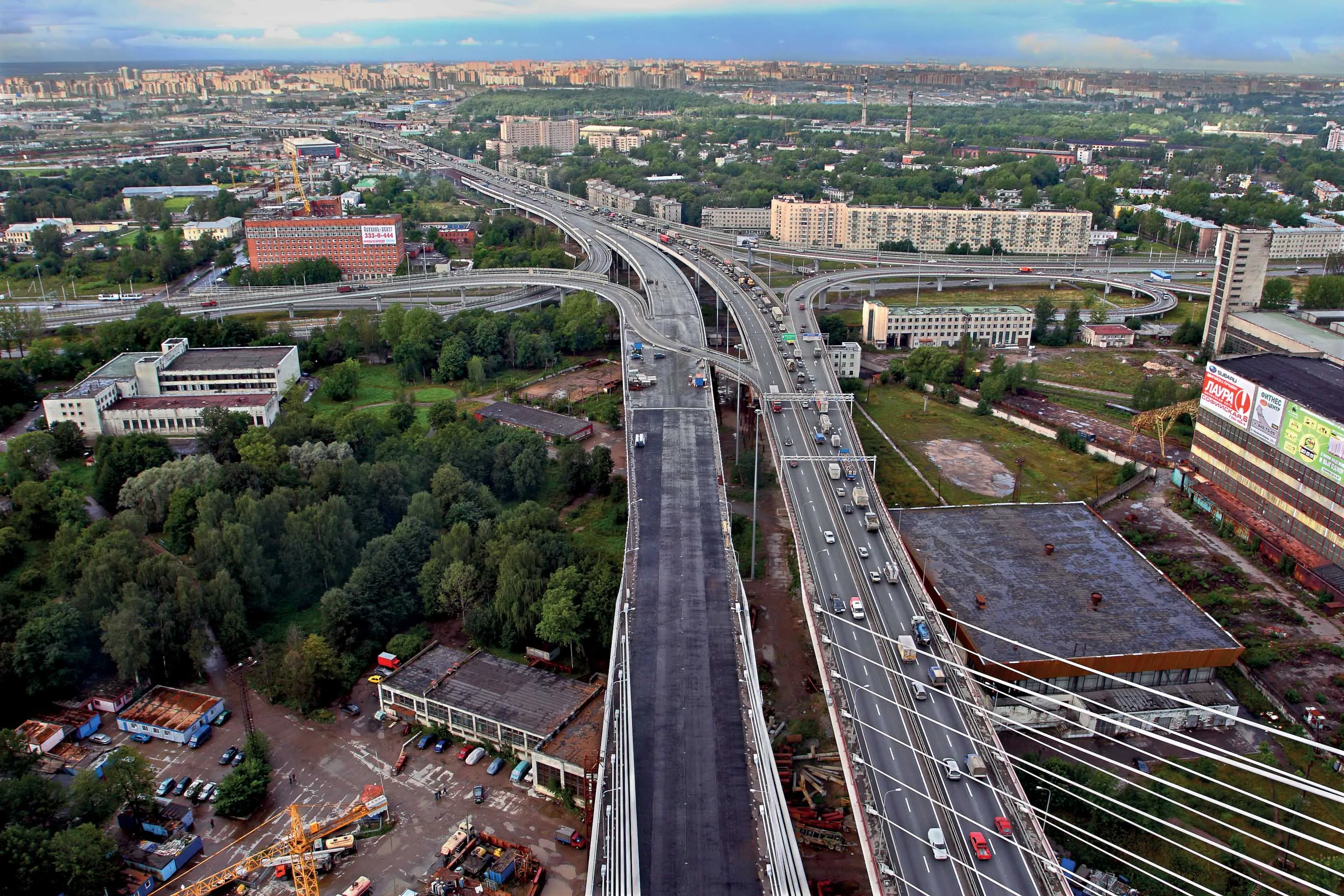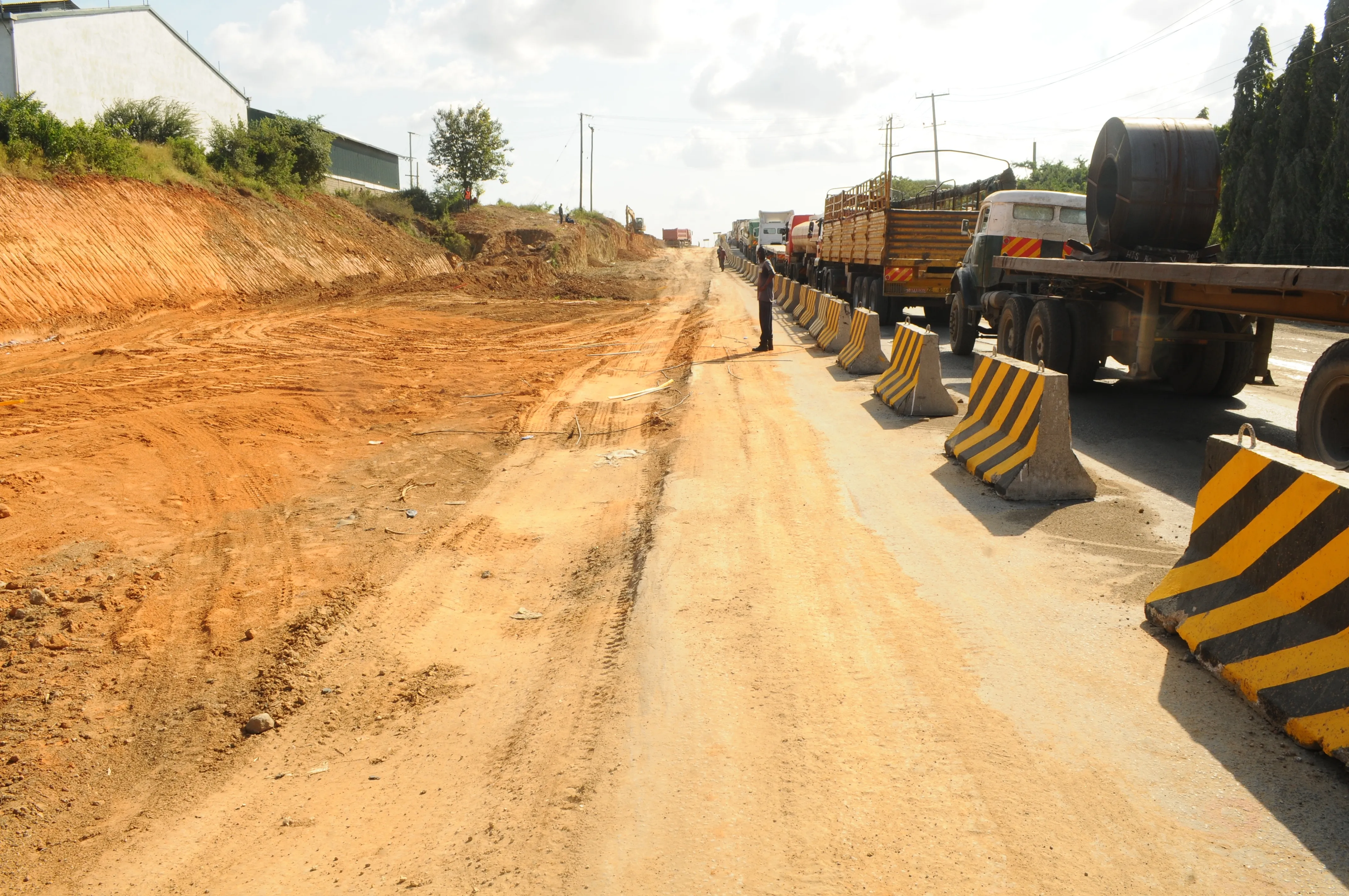It could be a decade before Ireland’s 105km Cork-Limerick M20 motorway is finished, the government has warned.
Road safety groups and businesses have been pushing for the €900m M20 motorway because of issues over fatalities on the existing rural route.
Simon Coveney, Ireland’s deputy prime minister, said the government was committed to the route – the largest motorway project to be undertaken in the next 25 years, and money has been earmarked for it.
According to Irish media, Coveney also noted that other important projects would be completed first, including the Dunkettle Interchange, the N22 bypass of Macroom and Ballyvourney towns and the N28 project.
In September 2015 the government set aside funding for the Dunkettle Interchange on the east side of Cork. The contractor Sisk was appointed and work is expected to be finished sometime in 2020.
Meanwhile, construction will start in 2020 on the €214 million Macroom bypass - the N22 dual carriageway. The scheme which includes 22kms of new road as well as 18 local road bridges and road alignments. The bypass will run from Coolcower to the Kerry side of Ballyvourney. There will be 24 farm overpasses and underpasses, according to earlier statements from Transport Infrastructure Ireland.
Last year, Ireland’s Construction Industry Federation said that upgrades to the Dunkettle Interchange and on the N28 are the country’s most important infrastructural projects. The N28 road connects the port and village of Ringaskiddy to Cork, a distance of nearly 20km. The upgrade will see around 11km turned into motorway and almost 5km of new and realigned regional and local roads.
A decade for completing the 105km Cork-Limerick M20
It could be a decade before Ireland’s 105km Cork-Limerick M20 motorway is finished, the government has warned.
Road safety groups and businesses have been pushing for the €900m M20 motorway because of issues over fatalities on the existing rural route.
Simon Coveney, Ireland’s deputy prime minister, said the government was committed to the route – the largest motorway project to be undertaken in the next 25 years, and money has been earmarked for it.
According to Irish media, Coveney also noted tha
December 10, 2018
Read time: 2 mins








